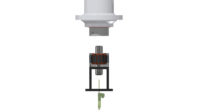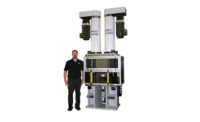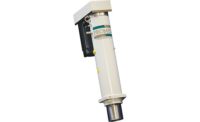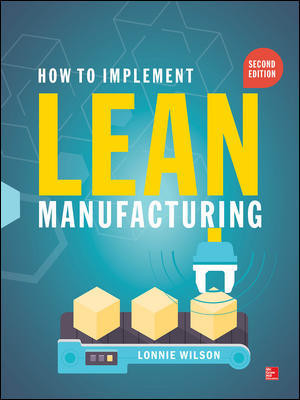Sponsored Content
How to Harness Intelligent Manufacturing for Electric Vehicle Revolution




The automotive industry is currently witnessing two remarkable trends that are shaping its future: the rise of flexible production systems and the widespread adoption of electric power. While these trends might appear disconnected at first glance, a closer examination reveals a significant overlap in the underlying technologies required to drive both advancements. The crux of these trends lies in the implementation of intelligent manufacturing and assembly systems throughout the production process, a paradigm that is already taking shape in cutting-edge battery manufacturing facilities around the world.
Lithium-ion batteries have emerged as the go-to technology for electric vehicles (EVs) in today's automotive landscape. The production of these batteries demands an extraordinary level of precision in a process that involves pressing powdered electrolyte onto both sides of a metallic collector plate. The uniformity of the electrolyte's thickness and density on each side of the collector is paramount for optimizing battery capacity and extending its service life.
To achieve this precision, feedback, and validation, fully electric servo press technology emerges as the most suitable choice. Promess, a pioneering company in this field, has spearheaded numerous battery projects where Electro-Mechanical Assembly Presses (EMAPs) with integrated force and positioning control technologies have replaced traditional hydraulic press systems. The EMAP functions as a CNC press driven by a servomotor and equipped with an array of sensors to monitor position, force, and other crucial process parameters. This solution has swiftly evolved into an industry standard for automotive batteries, where a pair of EMAPs, orchestrated by a Promess UltraPRO multi-axis controller, simultaneously press two electrolyte-filled die plates together, maintaining precise force levels and ensuring uniformity. The data generated is meticulously stored, ensuring 100 percent traceability for each battery.
Notably, the application of intelligent systems isn't limited to battery assembly. The dynamic challenges posed by automotive propulsion batteries—highly reactive chemicals and the critical need for crashworthiness—require rigorous testing under controlled conditions. One major automaker has turned to fully-instrumented EMAPs to conduct puncture and crush tests on their batteries. These tests simulate damage from real-world crashes, generating invaluable data that informs the development of enhanced protective packaging for the next generation of electric vehicles.
Furthermore, the pursuit of better motors is pivotal for the advancement of high-performance electric vehicles. Improved drivetrain efficiency is a cornerstone in the competition against conventional vehicles. In this realm, intelligent assembly systems are playing a pivotal role. Multiple automakers are utilizing EMAPs to assemble high-efficiency wheel drive motors, streamlining the process by pressing steel core stators and bearings onto a rotor hub in a single operation. This intricate procedure is closely monitored and controlled through integral force and position sensors, ensuring real-time measurement and recording of component positions. This level of precision guarantees the quality of each assembly and establishes complete traceability for every component.
Looking ahead, the trajectory of the industry indicates that batteries will continue to increase in power density, motors will become even more efficient, and the manufacturing systems underpinning these innovations will become increasingly flexible. These trends are firmly established, and their trajectory remains steadfast. All these advancements are the result of intelligent systems that are propelling the automotive industry into an electrified and intelligent future.
In conclusion, the automotive landscape is undergoing a revolutionary transformation fueled by flexible production systems and electric power. The convergence of these trends highlights the pivotal role played by intelligent manufacturing and assembly systems. From the precision demands of lithium-ion battery production to the rigorous testing for crashworthiness and the assembly of high-efficiency motors, intelligent systems are the driving force behind these advancements. As the industry races towards power-dense batteries, efficient motors, and adaptable manufacturing, the influence of intelligent systems will continue to shape the road ahead, paving the way for a new era of electric vehicles and innovative technologies.
 Promess Inc.
Promess Inc.
11429 Grand River Road
Brighton, MI 48116
810-229-9334
www.promessinc.com
promess@promessinc.com
Looking for a reprint of this article?
From high-res PDFs to custom plaques, order your copy today!










